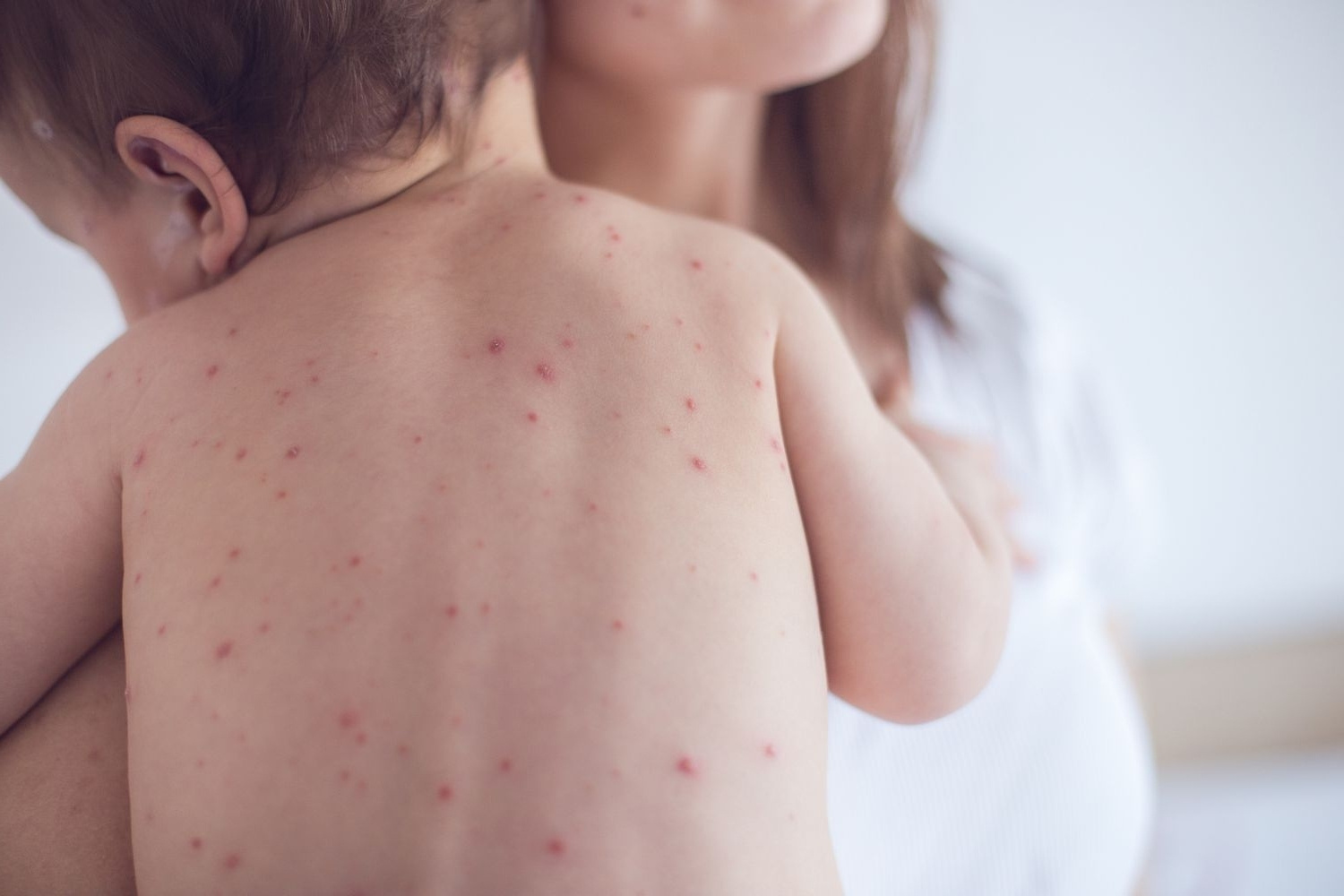
Measles is a highly contagious viral disease that can spread rapidly among unvaccinated individuals. Did you know that one person with measles can infect up to 90% of nearby non-immune people? This illness, caused by the measles virus, primarily affects children but can strike anyone without immunity. Symptoms often start with a high fever, cough, runny nose, and red, watery eyes, followed by a distinctive red rash. Vaccination is the most effective way to prevent measles, with the MMR vaccine (measles, mumps, rubella) being widely recommended. Despite being preventable, measles still causes significant health issues worldwide, especially in areas with low vaccination rates. Understanding the importance of vaccination and recognizing symptoms early can help control outbreaks and protect communities.
What is Measles?
Measles is a highly contagious viral disease that primarily affects children. Understanding its nature and impact is crucial for prevention and control.
- Measles is caused by the measles virus, a member of the paramyxovirus family.
- The virus spreads through respiratory droplets when an infected person coughs or sneezes.
- Measles can remain infectious in the air for up to two hours after an infected person leaves an area.
- Symptoms typically appear 10-12 days after exposure to the virus.
- Early symptoms include high fever, cough, runny nose, and red, watery eyes.
Symptoms and Complications
Recognizing the symptoms and potential complications of measles can help in seeking timely medical attention.
- A red, blotchy rash usually appears 3-5 days after the initial symptoms.
- The rash typically starts on the face and spreads to the rest of the body.
- Measles can lead to serious complications such as pneumonia, encephalitis, and even death.
- Children under five and adults over 20 are at higher risk for severe complications.
- Pregnant women with measles are at risk of premature labor, miscarriage, and low birth weight.
Vaccination and Prevention
Vaccination is the most effective way to prevent measles. Here are some key facts about measles vaccination.
- The measles vaccine is often given as part of the MMR (measles, mumps, rubella) vaccine.
- The first dose of the MMR vaccine is typically given to children between 12-15 months of age.
- A second dose is usually administered between 4-6 years of age.
- The MMR vaccine is about 97% effective at preventing measles after two doses.
- Herd immunity requires about 95% of the population to be vaccinated to prevent outbreaks.
Global Impact
Measles remains a significant public health issue worldwide, especially in regions with low vaccination coverage.
- In 2018, there were over 140,000 measles-related deaths globally, mostly among children under five.
- The World Health Organization (WHO) aims to eliminate measles in five regions by 2020.
- Measles outbreaks often occur in areas with low vaccination rates due to vaccine hesitancy or lack of access.
- Travel can contribute to the spread of measles, as unvaccinated individuals can bring the virus to new areas.
- Efforts to improve vaccination coverage have significantly reduced measles cases and deaths over the past two decades.
Historical Context
Understanding the history of measles can provide insight into the progress made in combating this disease.
- Measles has been a known disease for centuries, with descriptions dating back to the 9th century.
- The measles vaccine was first licensed in 1963, revolutionizing measles prevention.
- Before the vaccine, measles caused millions of cases and thousands of deaths annually in the United States alone.
- The introduction of the vaccine led to a dramatic decline in measles cases and deaths worldwide.
- Despite progress, measles remains a threat, highlighting the importance of continued vaccination efforts.
Staying Informed About Measles
Measles isn't just a childhood illness; it's a serious disease that can affect anyone. Knowing the symptoms, complications, and prevention methods is crucial. Vaccination remains the best defense, protecting not just individuals but entire communities through herd immunity. Remember, measles spreads easily, so quick action is key if you suspect exposure.
Public health measures and education play vital roles in controlling outbreaks. Stay updated on vaccination schedules and ensure your family is protected. If traveling, check for any measles outbreaks in your destination and take necessary precautions.
By staying informed and proactive, we can reduce the impact of measles and protect vulnerable populations. Knowledge is power, and in this case, it can save lives. Let's work together to keep measles at bay and ensure a healthier future for everyone.
Was this page helpful?
Our commitment to delivering trustworthy and engaging content is at the heart of what we do. Each fact on our site is contributed by real users like you, bringing a wealth of diverse insights and information. To ensure the highest standards of accuracy and reliability, our dedicated editors meticulously review each submission. This process guarantees that the facts we share are not only fascinating but also credible. Trust in our commitment to quality and authenticity as you explore and learn with us.
